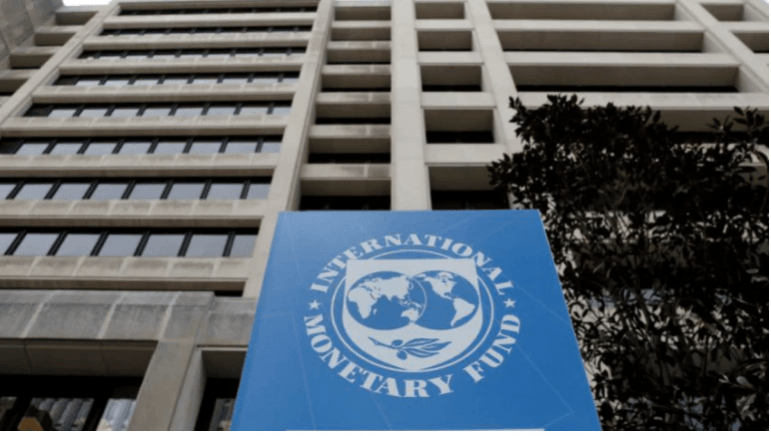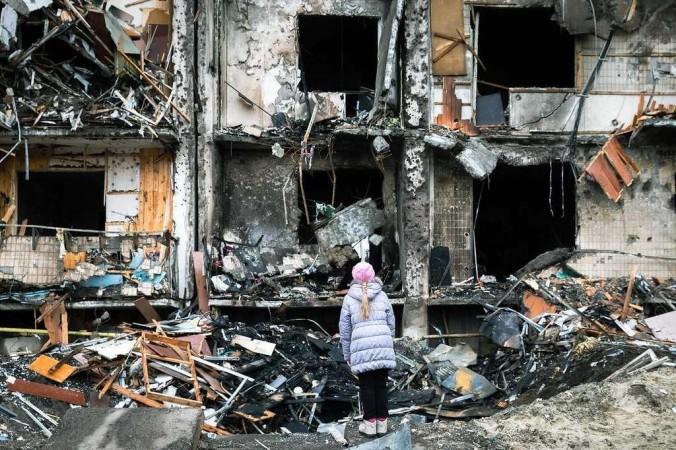Energy and commodity prices-including wheat and other grains-have surged due to the war in Ukraine, adding to inflationary pressures from supply chain disruptions and the rebound from the Covid-19 pandemic, the IMF has said.
Price shocks will have an impact worldwide, especially on poor households for whom food and fuel are a higher proportion of expenses.
"Should the conflict escalate, the economic damage would be all the more devastating. The sanctions on Russia will also have a substantial impact on the global economy and financial markets, with significant spillovers to other countries," IMF said.

Monitoring inflation due to Ukraine conflict
In many countries, the crisis is creating an "adverse shock" to both inflation and activity, amid already elevated price pressures.
Monetary authorities will need to carefully monitor the pass-through of rising international prices to domestic inflation, to calibrate appropriate responses.

Fiscal policy will need to support the most vulnerable households, to help offset rising living costs. This crisis will create complex policy tradeoffs, further complicating the policy landscape as the world economy recovers from the pandemic crisis.
"While the situation remains highly fluid and the outlook is subject to extraordinary uncertainty, the economic consequences are already very serious," it added.
(With inputs from IANS)








